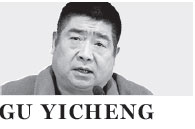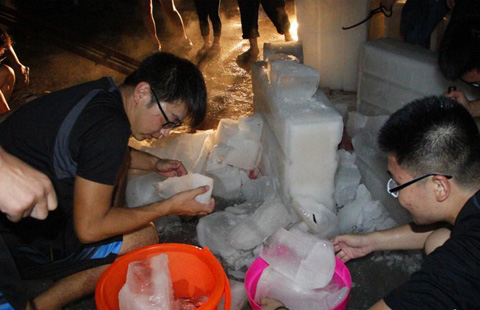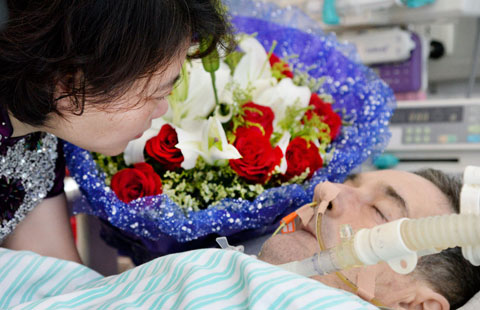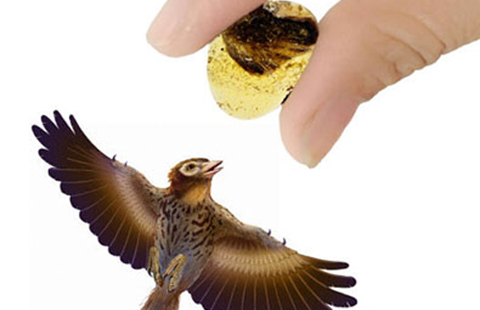The system is more humane than it used to be
By Cao Yin (China Daily) Updated: 2016-07-04 08:17The work of the disciplinary inspection authorities always leaves a deep impression on people, and I think that contributes to our officers' careful and responsible attitude when handling cases. The expression "have a cup of tea" is code for being questioned about disciplinary problems.
The close attention we pay to our work means the central leadership's fight against corruption has strong public support. However, the attention paid to some issues shows that our work is still misunderstood.
For example, some residents think uncovering disciplinary violations often relies on reports filed by officials' illicit lovers, but that's a misunderstanding. Actually, we conduct a lot of research into officials suspected of breaking the rules, but that's not to say that those sorts of reports aren't important.
Preliminary investigations and collecting evidence are the first things we do when someone is under suspicion, and our departmental committee decides whether we will file a case.
If they are found guilty of violating discipline, officials face a range of punishments. The committee decides what that will be. Sometimes they have to attend education sessions or are simply given a warning. A notice of inspection will also be delivered to their department.
If someone is alleged to have broken the law or Party rules, they are sent to the judicial bodies for further investigation. If we fail to pay attention to flaws or minor matters, those small disciplinary errors could develop into future crimes.
I remember an official who demanded several million yuan from people, but that started because he became accustomed to little gifts, such as cigarettes and wine.
It was a pity. He was born in a rural village, but he was well-educated and achieved his position partly thanks to the efforts of his parents. I'll never forget they got down on their knees in front of me after they were told about his violations.
The system is more humane than it used to be. The rights of officials under suspicion are better protected nowadays; they are allowed to rest between sessions, see a doctor or call their families, or even ask for psychological assistance.
We once delayed questioning an official whose child was preparing for the national college entrance exams to avoid putting extra pressure on the family.
Gu Yicheng spoke with Cao Yin.
|
Gu Yicheng, author of the best-selling Qing He Cha (Have a Cup of Tea) which tells behind-the-scenes stories of the work of disciplinary inspection teams. |
- Second Yangtze warning issued on flooding peak
- Anti-corruption battle set to be intensified
- Bus arsonist gets death penalty in China
- China on orange alert for rainstorms
- Lhasa rail celebrates first decade
- Animals aiding quake detection
- Death toll from SW China landslide rises to 20
- China warns of geological disasters as rainstorm triggers another orange alert
- China issues first orange alert of 2016 for rainstorm
- Death exposes gaps in subway emergency training and facilities











